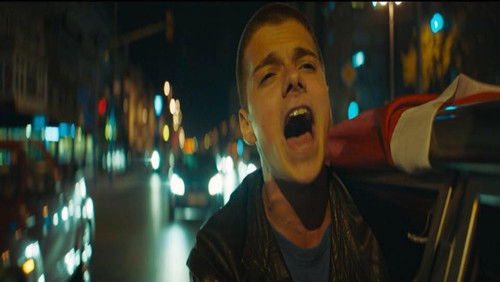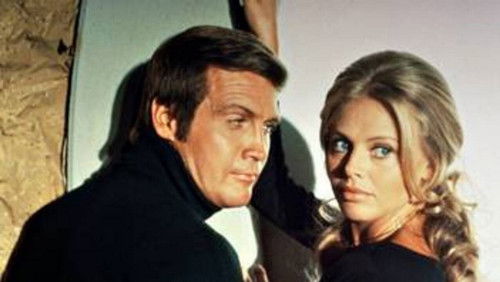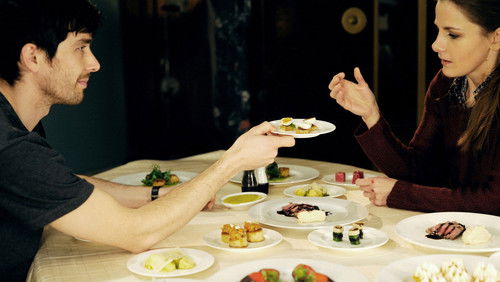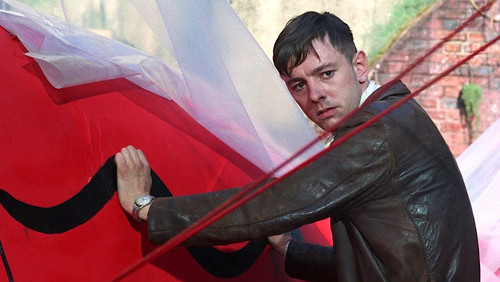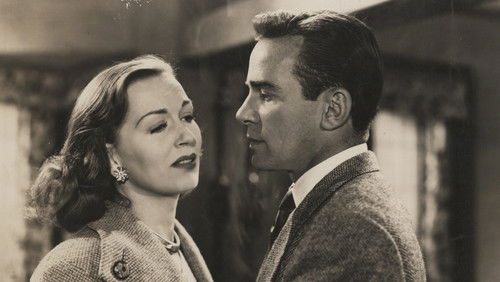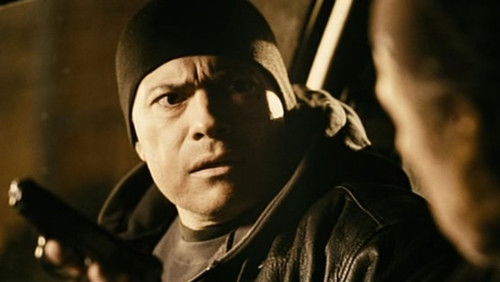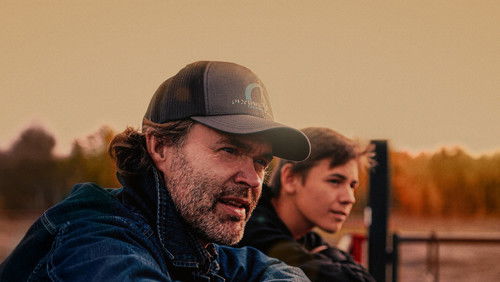Flammen über Fernost (1954)
28KFlammen über Fernost: Directed by Robert Parrish. With Gregory Peck, Win Min Than, Brenda de Banzie, Bernard Lee. In WW2 Burma, a Canadian bomber pilot becomes reckless after losing his bride in a Luftwaffe air-raid.
“Purple Plain is an obscure film in Pecku0026#39;s long list of movie credits. I donu0026#39;t know if this British production got much publicity or release stateside, despite Pecku0026#39;s movie star celebrity. Unfortunately, itu0026#39;s never been a TV regular, which is too bad because this tale of renewal and survival is an unusual and gripping one, in spite of the obscurity.u003cbr/u003eu003cbr/u003eThe film opens in the Burmese jungle during WWII. Peck is a battle fatigued flyer on the ragged edge of breakdown. Heu0026#39;s about to be relieved because of erratic behavior, all the while heu0026#39;s flashing back on his wifeu0026#39;s death in a London air-raid. These are well-done scenes causing us to sympathize with his loss. Nonetheless, heu0026#39;s jeopardizing his comrades with reckless manuevers because the loss has undermined his will-to-live. Thus, weu0026#39;re torn between sympathy and concern, just like the flight station doctor (Bernard Lee).u003cbr/u003eu003cbr/u003eIn an interesting move, Lee overcomes Pecku0026#39;s agonies by reconnecting him socially, in this case with a nearby missionary community. There Peck finds the vital human relationships so importantly missing from his death-dealing combat duties. As a result, his life takes on new meaning and purpose as a result of rejoining a human community where such life-giving affirmations can emerge. On the whole these are well-done scenes, especially the chaos from the Japanese air attack. In the midst of the carnage, Pecku0026#39;s combat flyer finds a new role in helping to bandage up survivors. Herein lies the movieu0026#39;s basic message and itu0026#39;s an important and humane one, conveyed in fairly subtle fashion, though the turn-around occurs more quickly than I would have liked.u003cbr/u003eu003cbr/u003eNonetheless, itu0026#39;s interesting that the script avoids the usual officially sanctioned head-doctor therapies. Note that Peck is not sent to be counseled by an air force psychiatrist, nor to join a chest-baring therapy group, nor to have his past puzzled together Freudian style. Of course, the happy solution here remains a u0026quot;movieu0026quot; solution where– as we all know– anything can be made to magically happen. Still, for a war-movie setting, the simple affirmation that mental health lies through nurturing social relations and not through government sanctioned killing remains no less suggestive because of its movie origins.u003cbr/u003eu003cbr/u003eThe remainder of the film amounts to a survival trek through the wilds of southeast Asia. Itu0026#39;s a well-filmed and harrowing struggle against a forbidding landscape where the crash survivors must decide between staying put or hiking out against great odds. But most importantly, itu0026#39;s Pecku0026#39;s chance to regain his humanity by facing up to the odds, not just for his own survival, but for his two comrades as well. The movieu0026#39;s final scene could not have been better conceived. Indeed, no words are necessary. On the whole, this is a subtly and well thought out anti-war film, no less effective because it concerns the fate of one man rather than thousands.Too bad that its humane message remains so generally unseen.”
